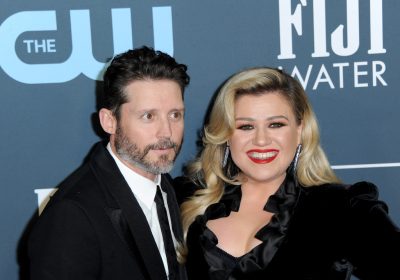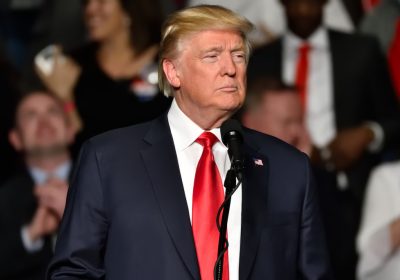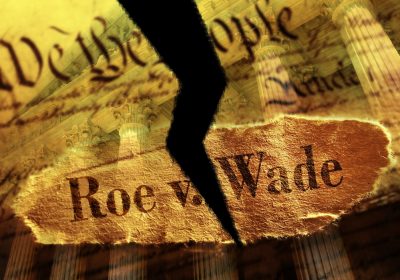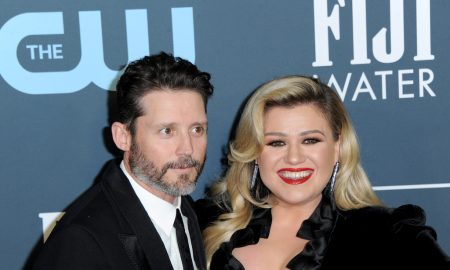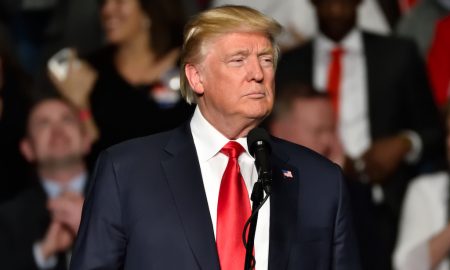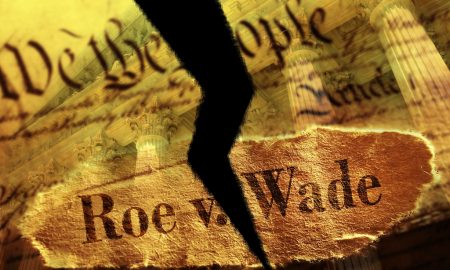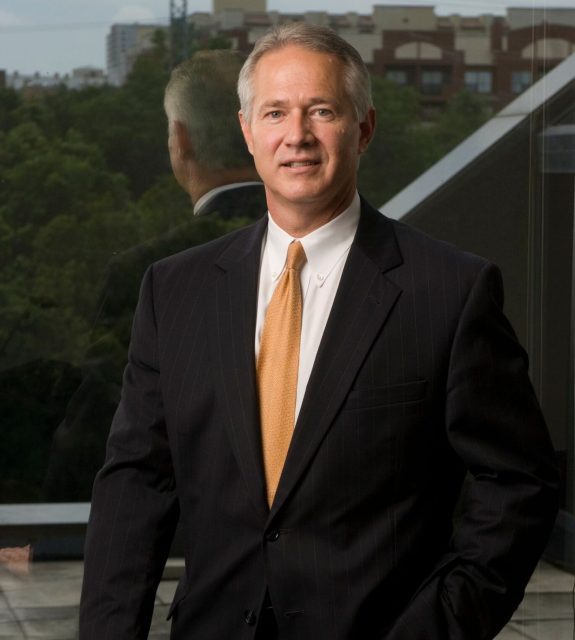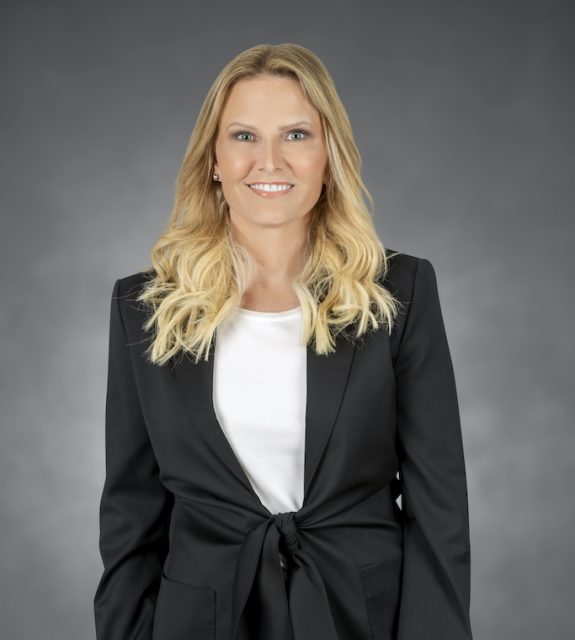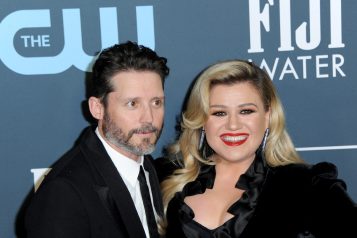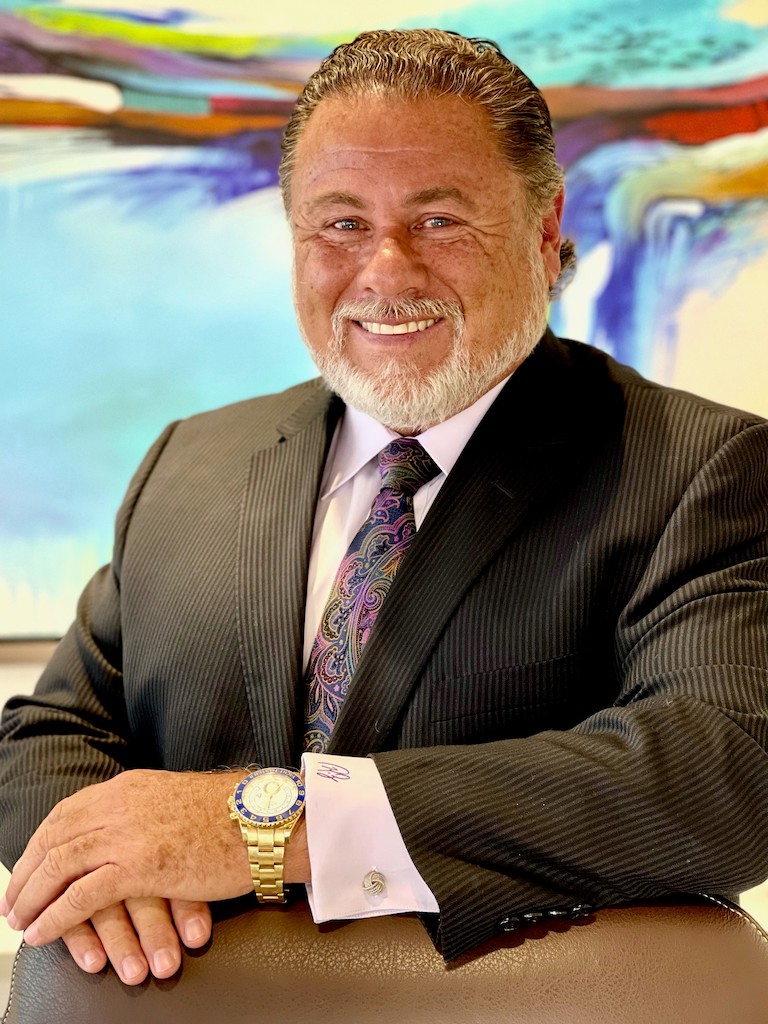
Photo Credit: Photo Credit: Zarco Einhorn Salkowski & Brito, P.A.
Attorney Robert Zarco, Founder of the law firm Zarco, Einhorn, Salkowski, & Brito, P.A., has been at the forefront of protecting the legal rights and interests of business clients in the USA and overseas for over 35 years, handling complex Franchise, Commercial, and Business legal matters and trials in Federal and State Courts, as well as Arbitration and Mediation.
This is a continuation of “Robert Zarco Delivers Crucial Advice For Franchise Owners In America (Part 1)” and if you have not already done so, please CLICK HERE to read the first part of this article.
We will now pick up where we left toff in Robert Zarco’s conversation with the AAFD’s Director of Public Affairs and Engagement, Keith Miller.
Keith Miller: Where should the line be drawn? Let’s supposed I was wrongfully disclosed. Where is the legal line between ‘I was wrongfully disclosed’, versus outright fraud?
Robert Zarco: The line is not necessarily always clear. A fraud is a wrongful disclosure, a wrongful disclosure is not always necessarily a fraud. This pertains to the issue of intent. You can have a wrongful disclosure made on negligence, where someone says something that was incorrect or something that they knew they should not have said, some franchise or representative provides you with documents with information that they did not realize they could not divulge and they truly did not intend to deceive you. It just so happened that that was the information given to them from an inaccurate source and there was never bad intent, it was simply negligence on the part in which the manner of which the work was carried out.
Remember that the people which the franchisees are going to speak with are the people who have the motivation to puff or exaggerate the anticipated performance of the franchises because most of them are compensated based on the sale of that particular franchisor. There are commissions involved, there are bonuses involved, there are quotas that are met which have previously been set and things of that nature.
Fraud is when there is an underlying intent to deceive for the purpose of the franchisor obtaining the satisfaction of that quota requirement or obtaining the sale of that franchise. Because but for that fraudulent statement, the franchisor representative knows that the franchisee is not going to be purchasing the business. Another question you have to look at: is the franchisor saying something they know is not true and to what extent is there an issue of duty to disclose that information? A lot of times, you have an issue of a fraudulent misrepresentation, which is the fraud aspect (an intentional affirmative statement of something that is not true). Then there’s another element which is the fraudulent concealment, where there is a material fact that the franchisor knows which would impact the franchisee’s decision, but the franchisor will not disclose it. The battle there is whether or not the franchisor has a duty to disclose the information or not. This gets into who has superior knowledge, was the information obtainable with proper due diligence, and things of that sort.
Courts are putting a lot of focus and a lot of pressure on the franchisees undertaking due diligence. So, if the franchisee says anything along the lines of, “Well, I didn’t check, they told me this and I relied on that information…” the courts are not going to be favorable in that regard. They’re going to consider you as a franchisee who is (typically) rather sophisticated, in some cases very sophisticated. It’s common for us to see situations where a franchisee is told that it’s going to cost $500k to build out a location, and then the franchisee goes ahead to build and now it costs $800k, and then the franchisee proceeds to build three more and then wants to come back later when the system fails and says, “I want you to give me the damages for the additional $300k on each of the four locations.” First thing the judge says is, “You knew that it was over on the first location and yet you proceeded to build out the same business over and over again. Now you want me to compensate you for the difference?”
So, there’s responsibility on the franchisee as well. Of course, there is responsibility on the franchisor, but the franchisee cannot stick their head in the ground. They got to be very active and proactive and check and re-check and undertake through a due diligence effort as much investigation as possible.
WATCH the full video of the general session with Keith Miller and Robert Zarco.
For more information on Robert Zarco’s legal practice, CLICK HERE.




